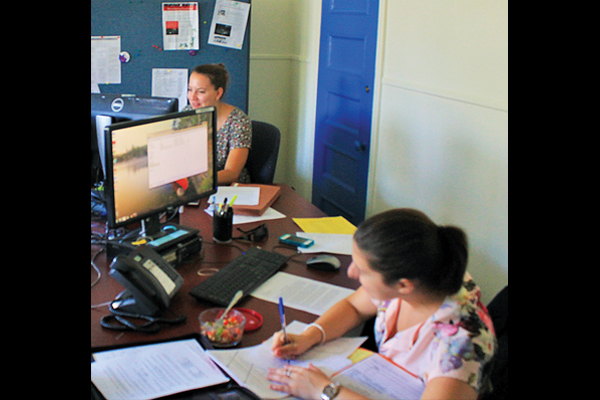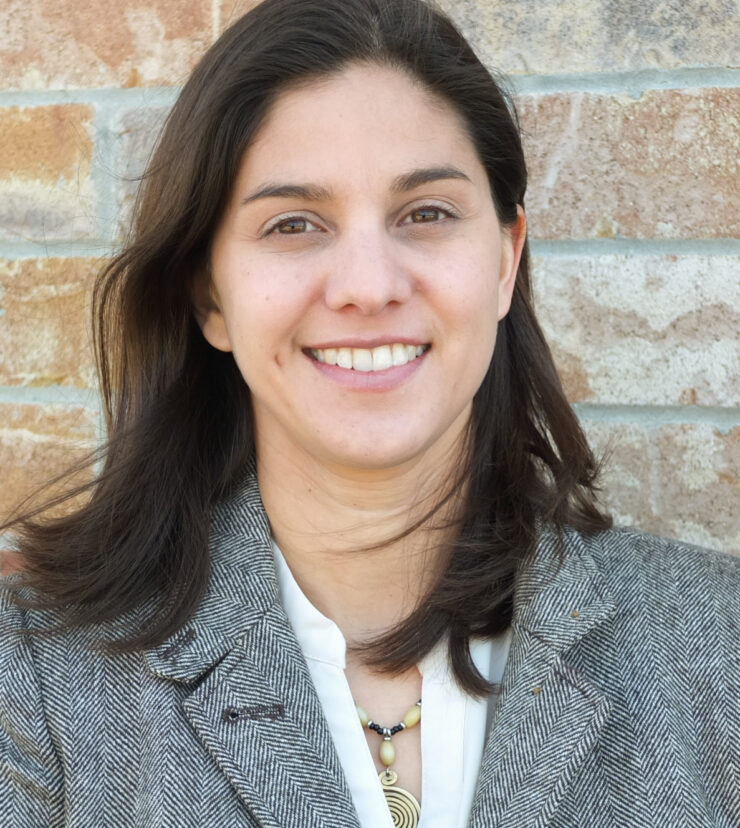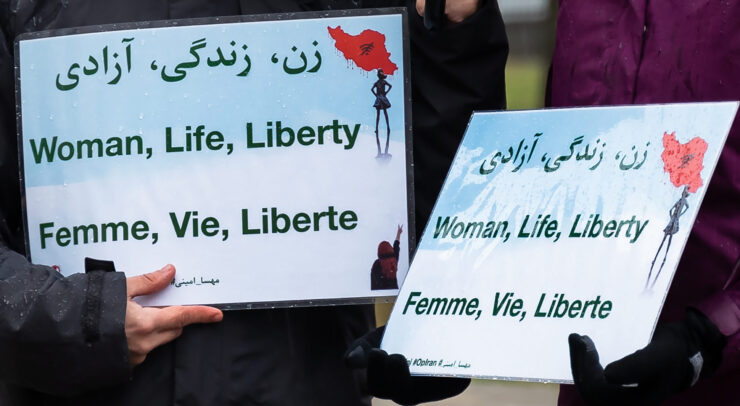Ontario universities to fill need for family law services
Photo by Lindsay MacMillan.
The University of Ottawa Community Legal Clinic plans to develop and provide family law services with the help of part of a $2-million provincial investment in university law clinics.
The 2013 provincial budget allocated an increase of $30 million to Legal Aid Ontario (LAO), about $2 million of which will go to the six university-based legal clinics in Ontario over the next three years, according to Aneurin Thomas, LAO’s director general of policy and strategic research.
“We want to develop family law because right now there is an access-to-justice crisis in that area,” Thomas said. “A large number of cases fall under family law, and there are not enough lawyers to ensure that adequate services are provided. We want to encourage students to go into this practice.”
The funding will allow the U of O’s clinic to invest in family law services. According to the executive director of the Legal Clinic at the U of O Louise Toone, part of the funding will pay the salary of a new lawyer with expertise in family law. Toone said the funding will also open up more positions for students.
Fifty common law students staff the clinic for course credit during the fall and winter semesters, and take on paid positions during the summer. Students are supervised by one of four full-time lawyers on staff, but handle most of the work related to a case.
The clinic’s services are free to all students, and to any other individual who demonstrates financial need. It currently provides services in criminal law, tenant law, and applications to the Criminal Injuries Compensation Board regarding domestic violence, sexual assault, and childhood abuse.
There are currently 300 court-bound files at the clinic, with another 1,000 “mini files” where students provide legal advice or representation to clients. With the additional funding, Toone expects a growth in clientele.
Thomas said it’s important to develop family law services since the cases have “some of the most serious consequences” on the clients.
“There are few more traumatic experiences than a divorce or custody case,” he said, “and we need to have the proper services to ensure fair settlements and resolutions.”
Students who work at the clinic are “well-equipped” to start articling after graduation, said Toone. “The experience here gives them practical knowledge and hands-on skills in many fields.”
Family law is “one of the greatest areas of need when it comes to accessing justice,” according to John McCamus, chair of LAO.
The current system “does not succeed in meeting all the needs of the people,” said Toone. The financial eligibility criterion has also not been updated in years, and isn’t “reflecting what it means to be a poor person today,” she said.
The LAO hopes that law students will be the ones to fulfill that need. “We believe that law students can help to bridge the growing gaps in legal services,” said McCamus, “and we are pleased to support these student-run legal clinics.”





